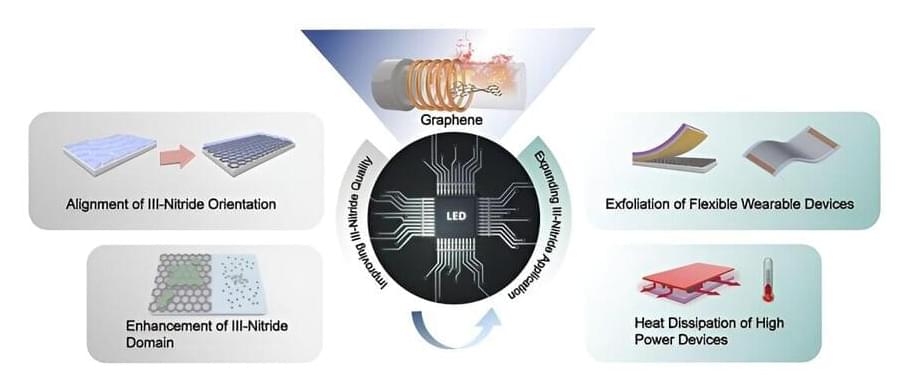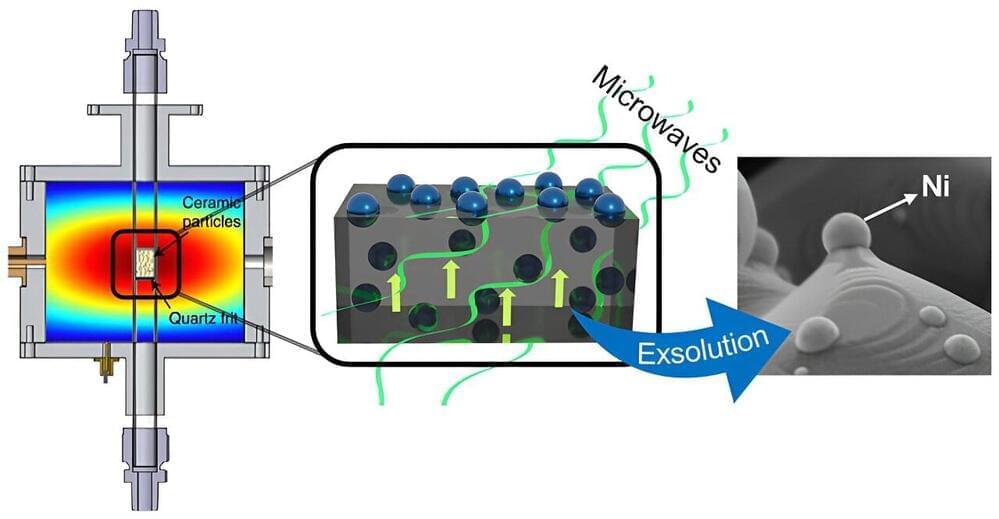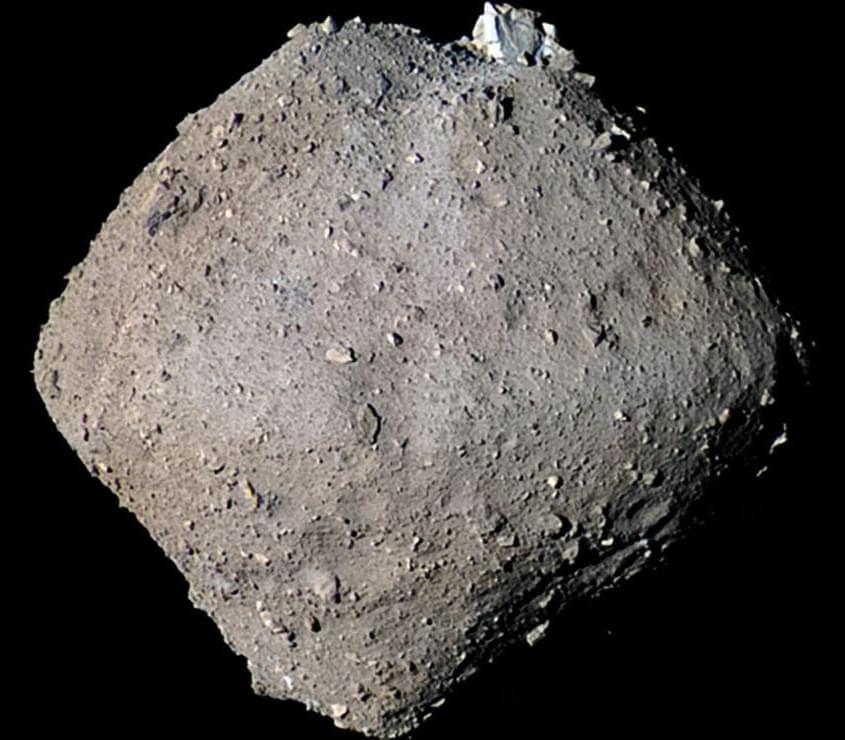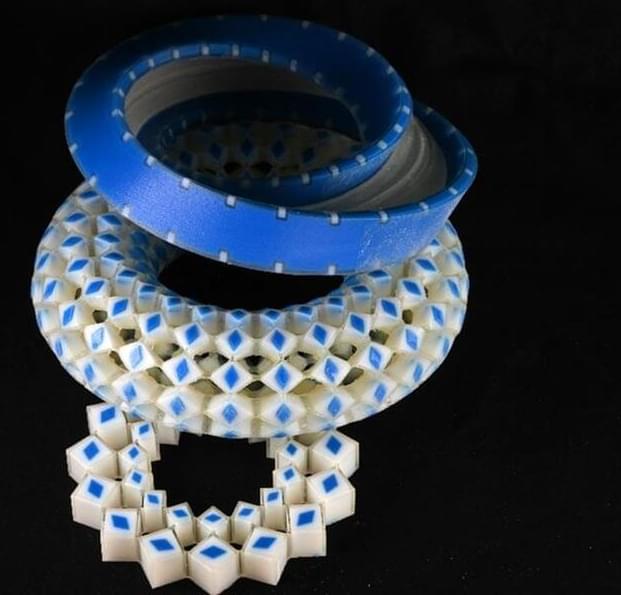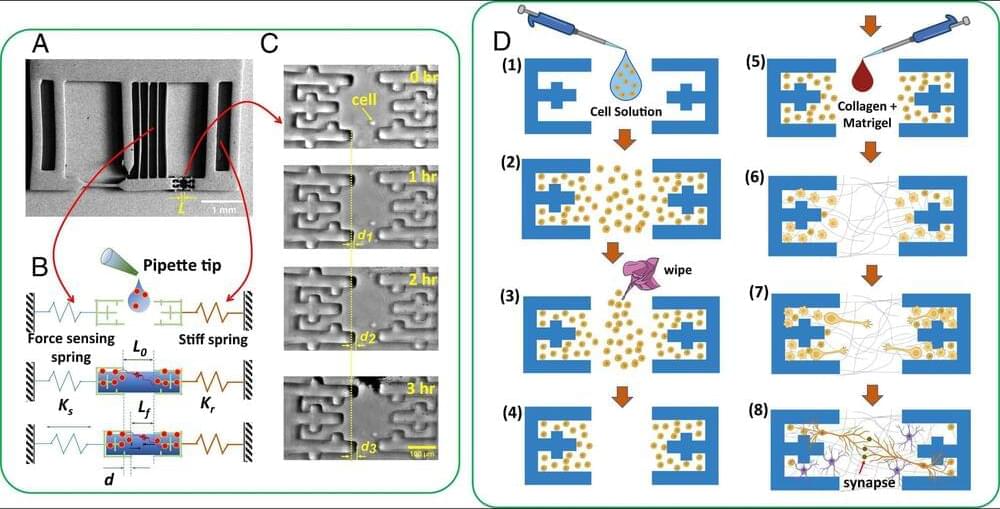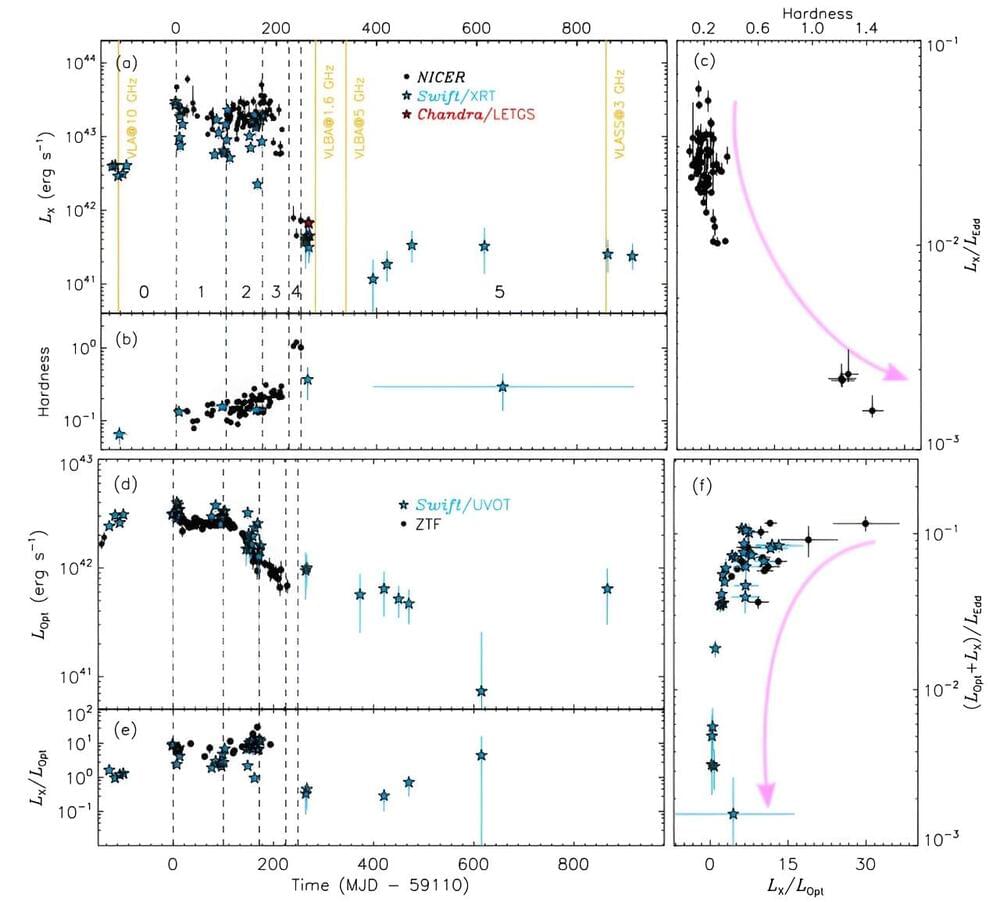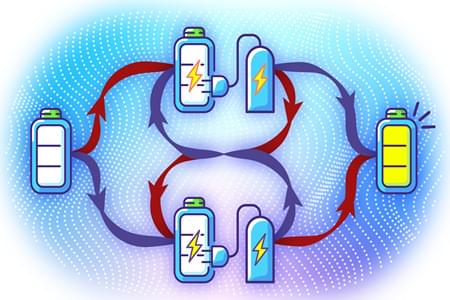In a comprehensive review, researchers from Soochow University, Beijing Graphene Institute and Xiamen Silan Advanced Compound Semiconductor Co., Ltd. have collaborated to provide a systematic overview of the progress and potential applications of graphene as a buffer layer for nitride epitaxial growth.
The paper brings together perspectives from academia, research institutions, and semiconductor industry professionals to propose solutions for critical issues in semiconductor technology.
Graphene, a two-dimensional material known for its exceptional electrical and mechanical properties, has garnered significant interest for its prospective use in the growth of nitride semiconductors. Despite notable advancements in the chemical vapor deposition (CVD) growth of graphene on various insulating substrates, producing high-quality graphene and achieving optimal interface compatibility with Group III-nitride materials remain major challenges in the field.
